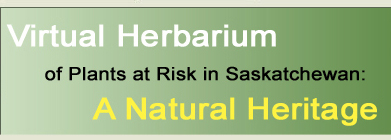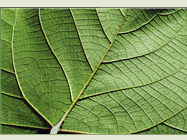
|

|

|

|

|

|

|
|
|
|
|
|
| Diphasiastrum sitchense (Rupr.) Holub | Species Image Gallery (opens in a new window) |
||||||||
| TAXONOMY | |||||||||
| Family: | Lycopodiaceae | ||||||||
| Genus: | Diphasiastrum | ||||||||
| Species Synonyms: | Lycopodium sitchense Rupr. Diphasium sitchense (Rupr.) A.&D. Love Lycopodium sabinifolium ssp. sitchense (Rupr.) Calder & Taylor Lycopodium sabinifolium var. sitchense (Rupr.) Fern. |
||||||||
| Common Names: | Sitka clubmoss round-cedar ground-fir ground-pine |
||||||||
| DISTRIBUTION | |||||||||
| Canada: | British Columbia – northern Saskatchewan – Labrador, south to central Saskatchewan – southern Ontario – Nova Scotia – Newfoundland | ||||||||
| Saskatchewan: | northern – central Saskatchewan; Lake Athabasca – Hasbala Lake – Southend | ||||||||
| Ecoregion: | Boreal Transition, Mid-Boreal Upland, Athabasca
Plain, Churchill River Upland, Selwyn Lake Upland, Tazin Lake Upland |
||||||||
| HABITAT | |||||||||
| Saskatchewan: | dry, sandy coniferous woods | ||||||||
| Canada: | dry conifer forests | ||||||||
| RARITY STATUS | |||||||||
| Provincial
Status According to Harms (2003): |
Vulnerable |
||||||||
| Nature Conservancy Status: | G5 S2 |
||||||||
| Saskatchewan
Species at Risk Status: |
None |
||||||||
| COSEWIC Status: | None |
||||||||
| Sitka clubmoss is vulnerable because it is rare or uncommon in Saskatchewan. No immediate threats are known but are quite possible in the future. | |||||||||
| SPECIES DESCRIPTION | |||||||||
| Height: | 5.5 – 17.5 cm | ||||||||
| Roots: | arising from the underside of creeping stems | ||||||||
| Stems: | horizontal stems on soil or shallowly buried, 1 – 2.7 mm wide; upright shoots clustered, branching at base; sterile branchlets not flattened | ||||||||
| Leaves: | on horizontal stems appressed, broadly lance-shaped, tip blunt; on upright shoots appressed, broadly lance-shaped, tip gradually tapered to a sharp point; on branchlets uniform, 5-ranked, not overlapping, appressed to spreading, free tips longer than the fused bases, widest at middle, apex sharply pointed | ||||||||
| Cones: | solitary on upright shoots, gradually narrowing to rounded tip; sporophylls 2 – 4 mm long, oval to triangular, apex rounded, margins dry, membranous and irregularly toothed; cone stalks absent or < 1 cm | ||||||||
| Spores: | resembling sulphur-yellow powder | ||||||||
| |||||||||